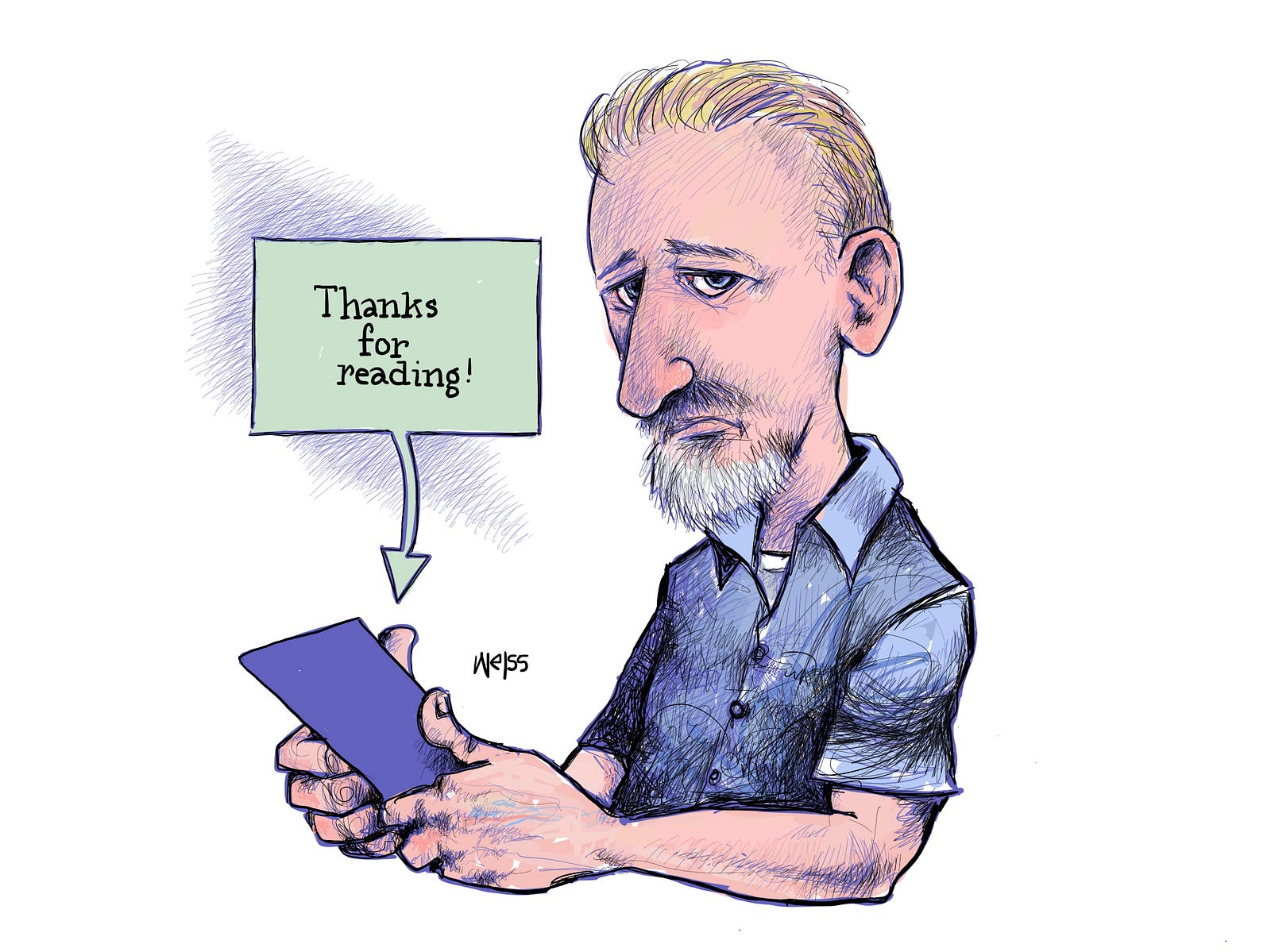It's been 20 years since we entered the Matrix, taking the red pill and seeing how deep the rabbit hole goes.
Two decades have passed since the Wachowskis introduced us to bullet time, gravity-defying stunts unlike anything seen before, slick cyberpunk fashion and Keanu Reeves' kick-ass hacker hero Neo.
I still don't know if I'm in the Matrix right now, the film left me questioning the very reality I live in.
Going to the theatre on one afternoon, The Matrix blew me away, and I will never forget the experience of watching it for the very first time.
With no idea what to expect, as the green coding appeared on the screen, narrated by Trinity (Carrie-Anne Moss) and Cypher's (Joe Pantoliano) conversation about Morpheus (Laurence Fishbourne) and The One, I became instantly intrigued.
Cutting to a dingy room where numerous police officers are surrounding Trinity, she jumps into action, running up the walls in her iconic black PVC bodysuit.
Time slows down as the camera circles around Trinity while she is poised in mid-air, ready to kick some ass using martial arts.
As the scene reaches its climax, Trinity makes a gravity defying jump over to another building, before sprinting to a phone booth, answering the ringing phone just as a truck crashes into the glass.
It's an impressive opening scene, and the film continued to be extraordinary, leaving me in awe as the credits rolled.
However, The Matrix didn't just impress me and millions of others, it changed cinema forever, having a profound impact on the future of the industry.
Not only did it change the way Hollywood movies were made and become entrenched in pop culture, but it influenced numerous other blockbusters including Kill Bill, Inception and Minority Report.
While countless other action films had come before, The Matrix acted as a turning point for the genre, adding philosophy into the mix.
The Matrix is undoubtedly an action movie, but it challenges audiences with its thought-provoking plot, referencing numerous philosophical themes such as existentialism and nihilism.
For example, when Morpheus introduces Neo to The Construct, essentially a virtual space created to run simulations, the hacker rubs his hand along a chair asking 'this isn't real?'
Morpheus replies:
What is real? How do you define 'real'? If you are talking about what you can feel, what you can smell, what you can taste, and see, then 'real' is simply electrical signals interpreted by your brain.
Questions like 'what is real' hadn't really been asked before in action movies, yet the philosophical themes seamlessly worked alongside the fight sequences, adding depth and profundity.
Although directors like Christopher Nolan are now praised for making commercially successful action-filled blockbusters which also challenge our brains, the Wachowskis did it first in 1999.
20 years on audiences are still discussing the ideas and questions raised by The Matrix.
The Matrix also changed the way action sequences were handled by Hollywood, popularising the special effect known as bullet time.
The most iconic scene in the film uses this technique, leaving us stunned as Neo dodges an enemy's gunfire, weaving his body around the bullets.
As the agent open fires on the hero the camera slows right down, circling round Neo and the bullets, both of which appear to be defying gravity, almost frozen in mid-air.
It's no wonder the Wachowskis used the bullet time effect throughout The Matrix. Visually impressive, the film and technique are now inextricably linked.
Influenced by The Matrix, other movies, television programmes and video games also put to use bullet time in the years following, and now we are arguably so used to seeing the special effect on our screens, we don't pay it any notice.
Before the Wachowskis introduced bullet time to Hollywood it had only previously been seen in Eastern cinema, most notably martial arts films and Japanese anime.
The Wachowskis were admirers of Asian cinema and for The Matrix drew inspiration from fight choreography used in films like Fist of Legend.
They hired Fist of Legend's stunt choreographer Yuen Woo-ping for the film, letting him train the actors and performers for six months before shooting began, a level of preparation which was new at the time for an American action movie.
Incorporating martial arts and wire-fu into The Matrix's fight sequences, Woo-ping and the Wachowskis introduced a new way of choreographing action to Hollywood, which in turn wowed audiences with the balletic and visually staggering scenes.
When audiences were first amazed by The Matrix in 1999, it was clear action films would never be the same again but for those working on the film, this became obvious when the cameras started rolling.
Reeves' stunt double Chad Stahelski, who is now best known for directing the hit John Wickseries, admitted in an interview with The Vulture when he was given the script for The Matrix he thought to himself 'how the fuck are we gonna do this?'
However, when he filmed his first scene, the shootout in the lobby, Stahelski realised he was a part of something very special:
After that scene finished, I remember calling everybody back in the States and just going, 'Yeah, this is gonna be something different. This is real stuff.'
The Matrix literally transformed the industry. Back in the day, fight scenes were secondary to car chases and horse chases and helicopter chases and motorboat chases.
The Matrix revolutionized that. Today, action movies want their big sequences designed around the fights. Think of any action movie in the past decade or so that doesn't have a bitchin' fight scene. The Matrix said, 'Look what you can do with your heroes.'
Now, what does every great Marvel movie have? Whether it's flying or in spaceships or in boats or in airplanes and so forth, they want action design centered around fight scenes.
The Matrix has stood the test of time for numerous reasons, and the fact it changed cinema forever is one of them.
When you next watch it then, think about the impact it had on Hollywood, and everything we wouldn't have without it, such as the John Wick series and Nolan's intellectual blockbusters.
The impact The Matrix had really is as mind-blowing as the film itself.
Let's just forget those sequels though…





